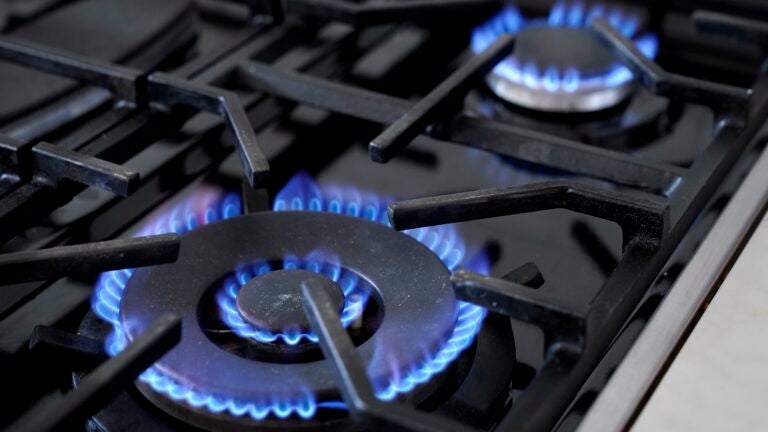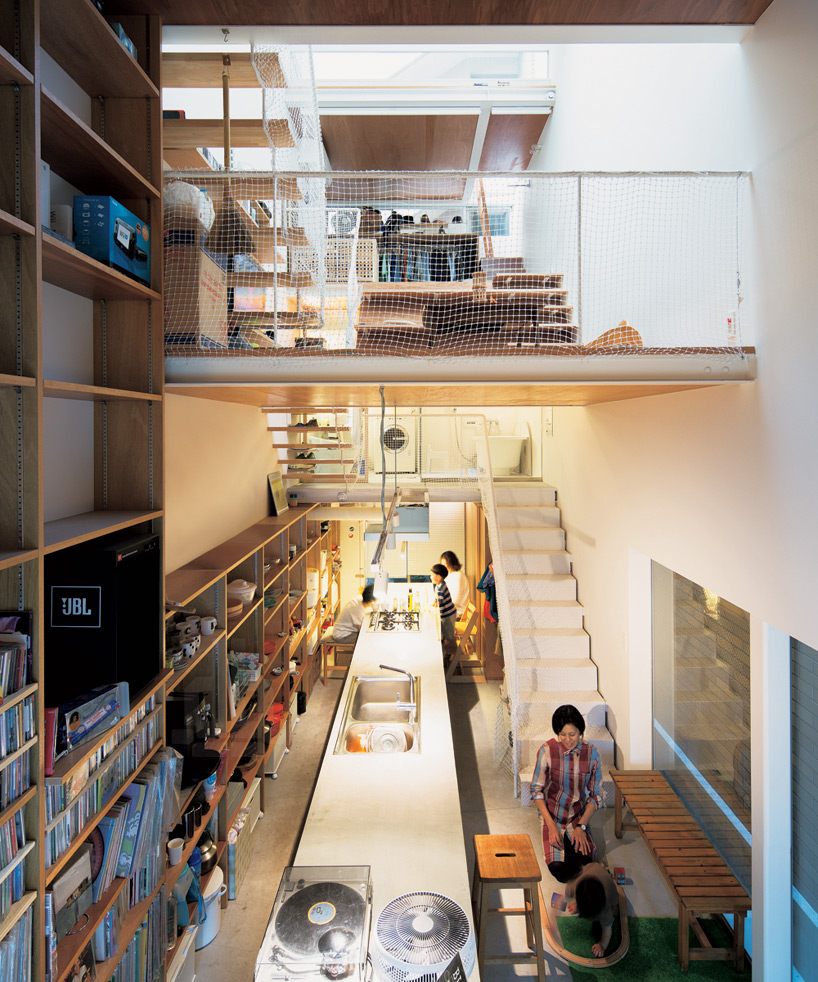
- Select a language for the TTS:
- UK English Female
- UK English Male
- US English Female
- US English Male
- Australian Female
- Australian Male
- Language selected: (auto detect) - EN
Play all audios:
Local News THE PROJECT WILL IMPACT ONE OF BOSTON’S MOST DIVERSE NEIGHBORHOODS IN A PLAN THAT AIMS TO IMPROVE PUBLIC HEALTH AND REDUCE GREENHOUSE GASSES. The City of Boston announced in
January that it received $1 million in federal funding to replace dozens of gas stoves in two Dorchester housing communities with electric appliances in an effort to improve public health
and reach the city’s climate goals. The project, which is in partnership with the Boston Housing Authority (BHA) and Codman Square Neighborhood Development Corporation (CSNDC), will replace
40 gas stoves each at CSNDC’s Talbot Bernard Homes and BHA’s Franklin Field Apartments in Dorchester, the city said in a press release Jan. 29. Both apartment complexes offer affordable
housing in one of Boston’s most diverse but also poorest neighborhoods, with some 14.5% of the population living below the poverty line. GAS STOVES POSE HEALTH AND CLIMATE RISKS Research has
long shown that gas stoves pose risks to health by releasing numerous toxic gasses, most notably nitrogen dioxide, that can cause irritation to the respiratory system and exacerbate asthma,
bronchitis, and wheezing. A 2013 report in the International Journal of Epidemiology found that children living in a home with a gas stove had a 42% increased risk of experiencing asthma
symptoms. Advertisement: In addition to health risks, researchers have said cooking with gas emits over 25 million tons of carbon pollution each year in the U.S. and that gas stoves can
leak methane, a greenhouse gas 86 times more potent than carbon dioxide. Buildings are responsible for 70% of Boston’s greenhouse gas emissions, according to the city. HOW THE PLAN WILL WORK
The city and its partners will identify units in which to replace gas stoves and train residents on how to use the new electric appliances, according to the press release. The city will
also partner with Boston University to study the impact the project will have on indoor air quality. Advertisement: “For many residents, new home appliances that make life better and
healthier can be the starting point to decarbonization,” said Oliver Sellers-Garcia, director of Boston’s Green New Deal, in a statement. “This project will result in invaluable findings on
air quality benefits, as well as a template for how we can scale up delivery of electrical upgrades and fossil fuel-free equipment for residents who live in affordable and public housing.”
Each stove replacement will also come with upgrades to electric infrastructure, including electric panels and amp breakers, the city said. “This component of the project will upgrade the
electrical capacities of buildings, leading to opportunities to electrify other appliances, such as clothes dryers and heating systems,” the press release read. Boston will use surveys and
indoor quality monitors to track the health and financial impacts of the stove replacements, especially on pediatric asthma exacerbation, the city said. WU’S PLANS FOR A FOSSIL-FUEL FREE
CITY Reduction of natural gas use and greenhouse emissions has been a key point in Wu’s plan for the city since she took office in 2021. In July, the mayor signed an executive order banning
the use of fossil fuels in new construction and renovations of city buildings as a part of its effort to achieve carbon neutrality by 2050. Advertisement: In the same announcement, Wu said
Franklin Field Apartments was selected for Boston’s first and the state’s second networked geothermal pilot project, which would make seven buildings included in the project fossil-free. The
pilot, for which construction is set to begin in 2025, will replace an “aging” gas boiler loop currency serving 219 units at Franklin Field with a geothermal network, creating ground source
heat pumps and providing residents with in-unit cooling. “Being the greenest city in America means that we will be best able to take care of not only the places we live, but the people we
love,” Wu said in a statement. “We want to be a city where the benefits we are bringing when it comes to energy efficiency and green energy are not just around being able to check off boxes
and hit goals, but that we are able to empower and support the people in our community who make it possible for Boston to do everything that we do.” The $1 million grant for the project was
received through the Environmental Protection Agency’s Environmental Justice Government-to-Government Program, which funds government plans that will “have a measurable environmental or
public health impacts in communities disproportionately burdened by environmental harms,” according to the press release. Advertisement: “Every Boston family deserves a home that is
affordable, safe, and healthy,” Wu said. NEWSLETTER SIGNUP Stay up to date on all the latest news from Boston.com








